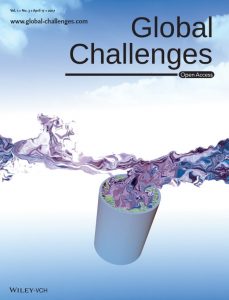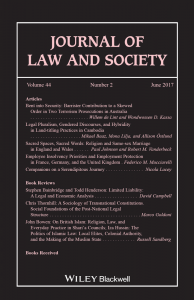towards theorizing an augmented reality
by nathan jurgenson Tim O’Reilly coined the phrase “Web 2.0”, and while the term has been differently used, I have boiled it down to the recent explosion of user-generated content (thus the focus on prosumption). This past summer, O’Reilly has declared another new era, what he calls “Web Squared”: “There’s […] a qualitative change happening as the Web becomes more closely integrated with the real world via sensor-based smart phone applications. Web Squared is another way of saying “Web meets...





